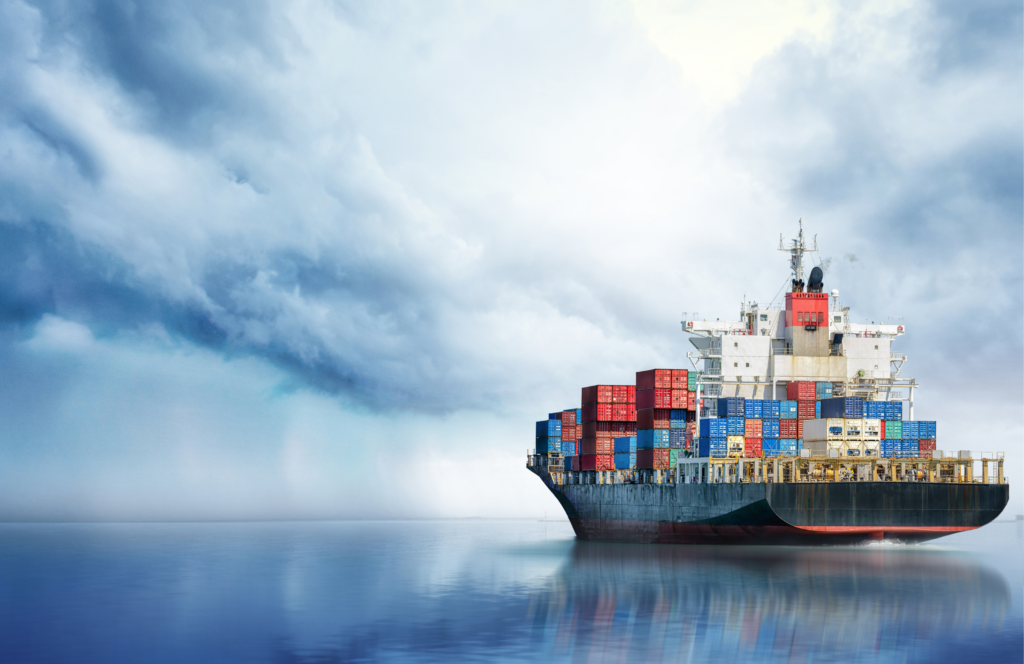
The world of freight is a complex ecosystem, involving a myriad of moving parts that must work in harmony to ensure goods reach their destination on time and in good condition. From the moment a product leaves the factory floor to its arrival at the customer’s doorstep, countless factors influence its journey. In this blog post, we’ll delve into the intricacies of the freight industry, exploring key concepts, challenges, and emerging trends.
Understanding the Freight Industry
At its core, freight is the transportation of goods from one location to another. This process involves a complex network of carriers, shippers, and intermediaries. The mode of transport – whether it’s by road, rail, air, or sea – depends on factors such as the nature of the cargo, distance, and cost.
Key Players in the Freight Industry
Several key players contribute to the smooth operation of the freight industry:
- Shippers: Businesses that need to transport goods.
- Carriers: Companies that provide transportation services.
- Freight Forwarders: Intermediaries who arrange transportation on behalf of shippers.
- Customs Brokers: Handle customs clearance procedures.
- Logistics Providers: Manage the entire supply chain, including transportation, warehousing, and inventory management.
Challenges Facing the Freight Industry
The freight industry operates in a dynamic environment, facing numerous challenges:
- Supply Chain Disruptions: Events like natural disasters, labor shortages, and geopolitical tensions can significantly impact freight operations.
- Rising Fuel Costs: Increased fuel prices directly affect transportation costs, putting pressure on carriers and shippers.
- Driver Shortages: A shortage of qualified drivers can lead to delays and higher transportation costs.
- E-commerce Boom: The growth of online shopping has increased the volume of freight, putting strain on existing infrastructure.
- Regulatory Compliance: Staying compliant with complex regulations can be time-consuming and costly.
Emerging Trends in Freight
The freight industry is undergoing rapid transformation due to technological advancements and changing consumer behavior:
- Digitalization: Freight forwarders and carriers are adopting digital tools to improve efficiency, visibility, and customer experience.
- Sustainability: There’s a growing emphasis on reducing the environmental impact of freight transportation through initiatives like electric vehicles and carbon offsetting.
- Last-Mile Delivery: With the rise of e-commerce, efficient last-mile delivery has become crucial.
- Supply Chain Visibility: Real-time tracking and visibility of shipments are becoming essential for managing supply chains effectively.
- Autonomous Vehicles: Self-driving trucks have the potential to revolutionize the freight industry by improving safety and efficiency.
The Importance of Freight in the Global Economy
Freight plays a vital role in the global economy by facilitating the movement of goods and supporting international trade. It enables businesses to expand their markets, access new customers, and compete globally. A well-functioning freight industry is essential for economic growth and development.
Conclusion
The freight industry is a complex and dynamic sector that plays a critical role in the global supply chain. By understanding the key players, challenges, and trends, businesses can navigate the complexities of freight transportation and optimize their supply chain operations. As technology continues to advance and consumer expectations evolve, the freight industry will undoubtedly undergo further transformation.


